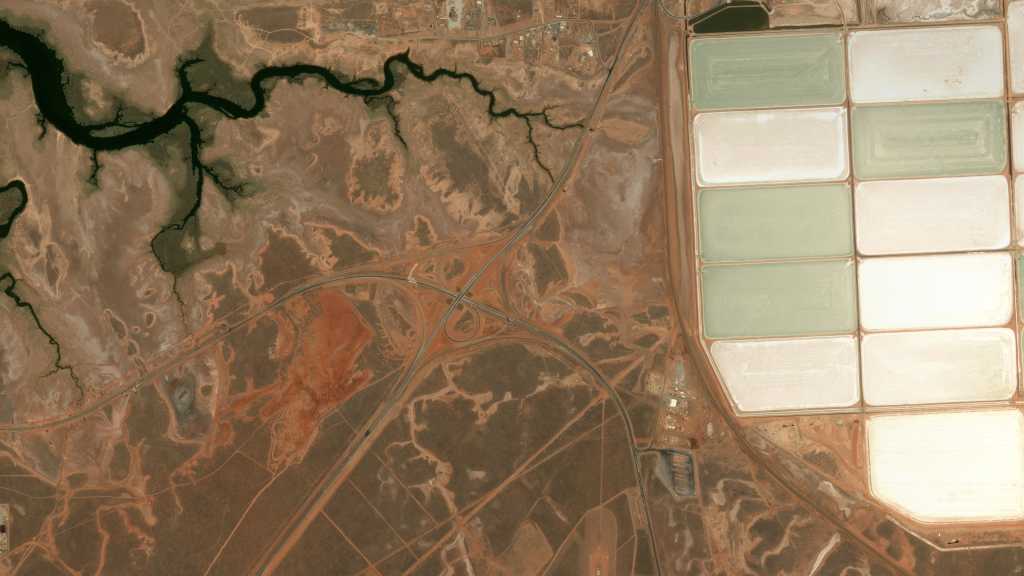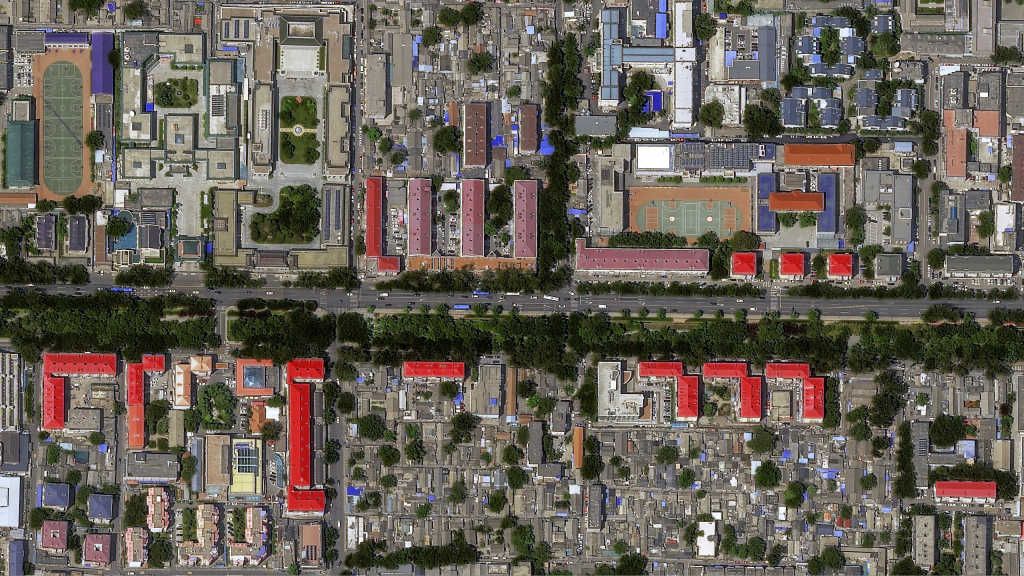If innovation without collaboration is just an idea that never materializes, it takes more than just funds for a startup to take off and scale. The truth is, it takes a village.
As a startup ourselves—with a slightly unconventional story—we recognize the critical role a supportive network plays in making way for innovative solutions, qualified talent or simply put, opportunities that may be otherwise unreachable.
More importantly, we know that without startups, we cannot change the world.
That's why last year we decided to join the Copernicus Masters Challenge along with Airbus Defence and Space, with a project aimed at supporting all developers with small resources and one big idea. And here is what we have learned.
Embracing the Challenge
To our great surprise, we were flattered to see that other startups, sometimes even just individuals, believe in our mission to advance Earth Observation analytics through algorithms that use Generative Adversarial Networks (GANs).
What sounded like a highly technical challenge brought in various applications with a robust environmental impact.
The winning idea, CloudlessEO, was an innovative solution that removes clouds from optical satellite imagery and helps address environmental issues in tropical areas affected by climate change. A year later, this idea keeps winning, with Thetaspace, the innovative company behind CloudlessEO, winning the 2022 Geospatial Innovation Award.
In an industry that aims to solve real-world problems like floods and deforestation, their win is everyone's win.
This year, we are again taking the lead in the Copernicus Masters with the UP42 Airbus Challenge on Sustainable Urban Planning—a project with a broader appeal to make cities greener and more liveable.
The idea is to leverage remote sensing as an effective tool for urban planners to quantify green areas, wasted spaces, and the impact of structures on non-renewable resources such as land, water, and vegetation.
Lowering the Barriers
Our motivation to join the Copernicus Masters Challenge goes well beyond solving a pressing environmental problem. At the core of our mission is the goal to lower technical and commercial barriers to access data and analytics for the benefit of all.
Lack of resources is one of those barriers. In the geospatial sector, funds are needed for several reasons, from purchasing data to hiring developers and testing projects. In such a complex field, new, small enterprises often compete with long-established, more prominent players, and access to capital is usually critical to their success.
As one of the founding members of the Copernicus Masters Challenge, last year we asked Anna Burzykowska, then Copernicus Innovation Officer at the European Space Agency (ESA), how the program bridges the financial gap to support emerging businesses.
"We try to address this by scaling up our non-equity grant-like financing with low entry barriers to aspiring, new players," said Burzykowska. "But we also are aware that many new companies are set up by highly skilled people who have dedicated their academic careers to master their proficiency in data science.
"However, these startups might need additional coaching in business development or financial engineering. This is where we realized we could help," she added.
In Burzykowska's words, initiatives like Copernicus Masters Challenge, Startup Nations Standard, and InCubed clearly show the commitment of the public sphere, along with the private sector, to enable the next generation of aerospace startups.
Making an Impact
In 2011, Copernicus Masters was designed as a platform to promote the future Sentinel Satellites and incentivize the usage of Copernicus data. Since then, the program has grown into a global space ecosystem of nearly 90 partners where policymakers meet the emerging business scene.
Next to other key global players such as the German Aerospace Centre (DLR), ESA, and the European Commission, founding member Anwendungszentrum GmbH Oberpfaffenhofen (AZO), has offered direct support to the winners since the very beginning. "This approach has allowed us to help 151 business ideas with more than EUR 6.2M, invaluable guidance, and immeasurable resources throughout the entire competition lifetime," said Ines Kühnert, Head of Innovation Competitions at AZO.
From the top 100 companies resulting out of the network of Copernicus Masters, Ines told us, the program created more than 2733 jobs with an annual turnover of EUR 164M, with EUR 249M invested since 2010.
Supporting innovative ideas for the future of Earth Observation is also the driving force behind DLR, which is among the founding partners of the Copernicus Masters Challenge.
According to Gunter Schreier, Deputy Director at DLR, the combination of more accessible data and cloud infrastructure holds a critical role in the emergence of businesses like UP42. But being able to navigate past data to predict future events makes business ideas even more attractive.
"With EO, I can tell you where in the world bees are in danger; what your yield will be based on past trends; where breeding areas for malaria will crop up; or how long you can get exposed to the sun based on your skin type," said Schreier, highlighting the increasing relevance of space technology to non-space applications.
Working Together
At UP42, we are also doing our part to innovative ideas with the Copernicus Masters Challenge and pushing space innovation beyond space. As an active member of the Federation of German Industries (BDI) involved in the New Space initiative, we understand the necessity to think beyond our industry. And that's another real contribution we can make to help other startups thrive.
Our current Sustainable Urban Planning challenge within the Copernicus Masters program was designed around the understanding that sustainable cities rely on a complex interplay of factors that directly affect wealth, health, and safety, among others.
Remote sensing is one of the most effective tools to perform an in-depth analysis of urban reconfiguration at scale. However, recent studies show that the level of integration between remote sensing, urban planning and ecology is still limited, "with only 12% of the papers fully integrating ecology, remote sensing and planning while 24% of the studies use specific methods from one domain only."
There is an opportunity for developers and researchers taking on this challenge to design solutions that can have a tangible impact on the UN's Sustainable Development Goal 11, "Sustainable Cities and Communities."
Having an ecosystem mindset is key to our cities, our economy, our industry's innovation and, more importantly, to the longevity of our species. Paired with a cutting-edge idea that needs funds and resources, this is a great opportunity for small enterprises to make that a reality.
Sign up for the UP42 Airbus Challenge on Sustainable Urban Planning here.




